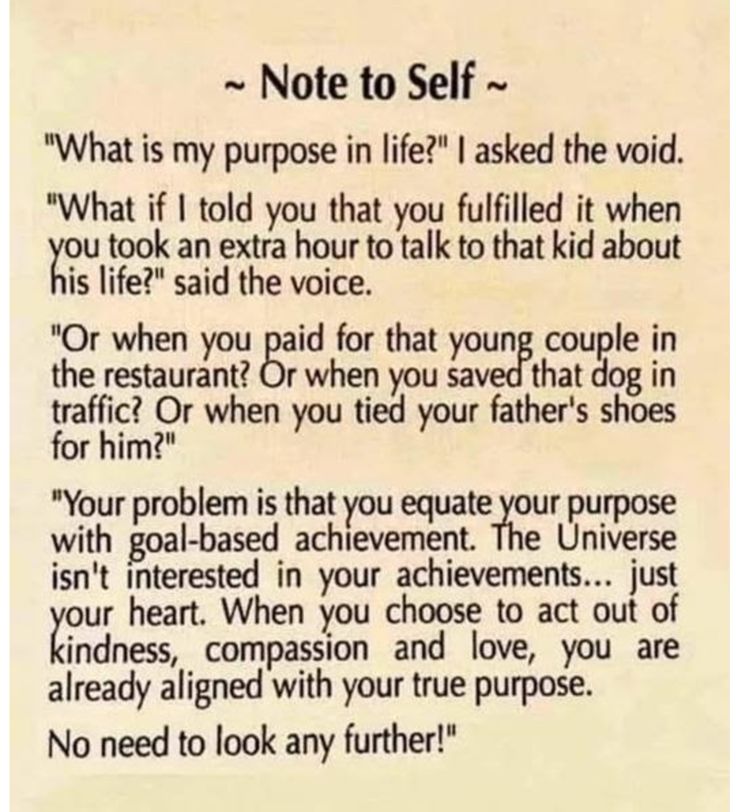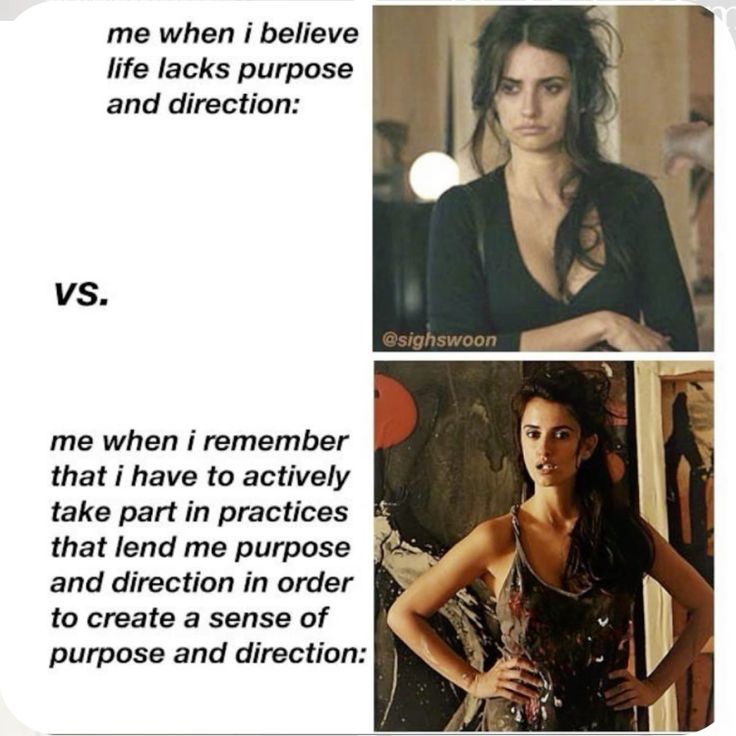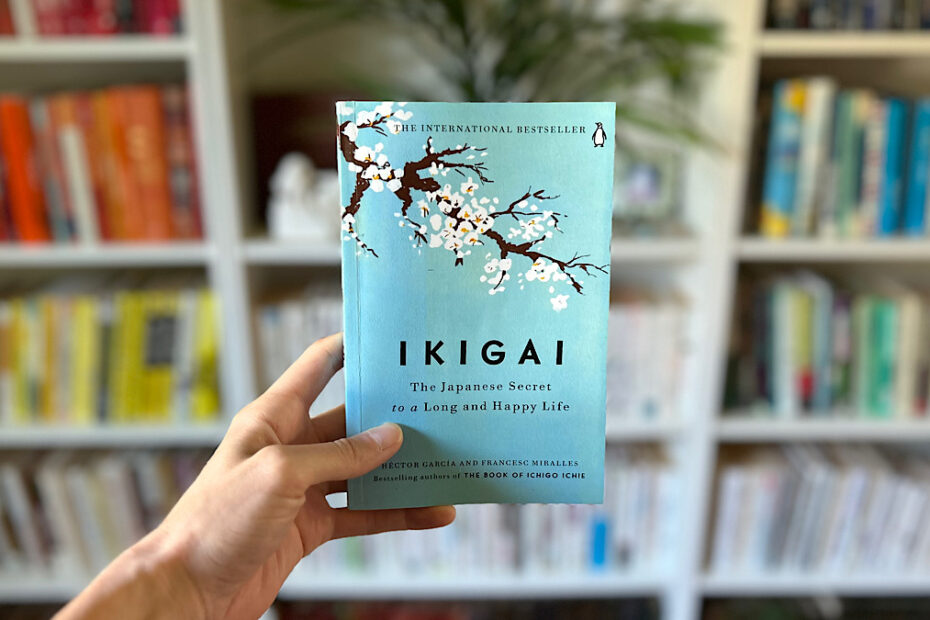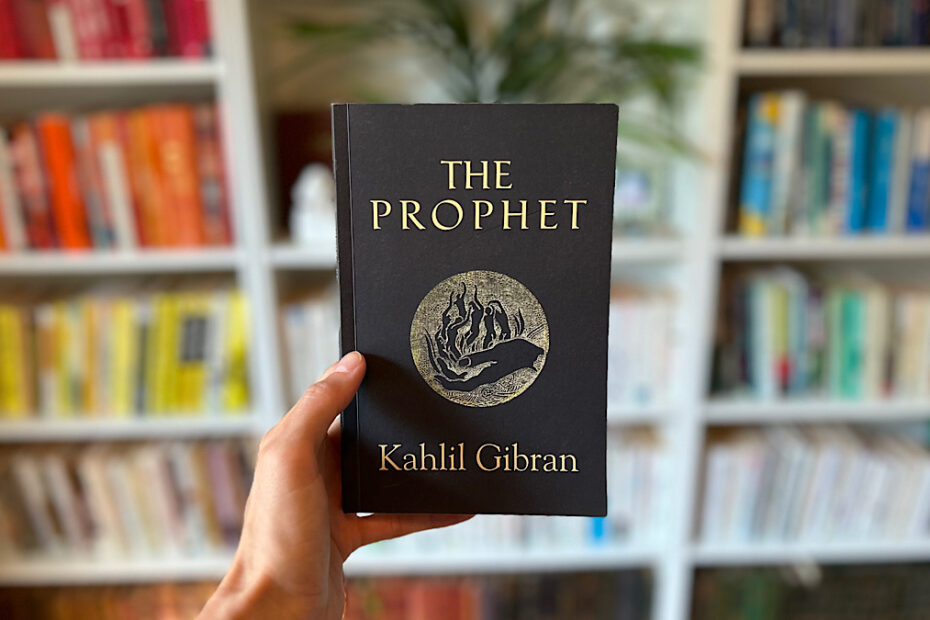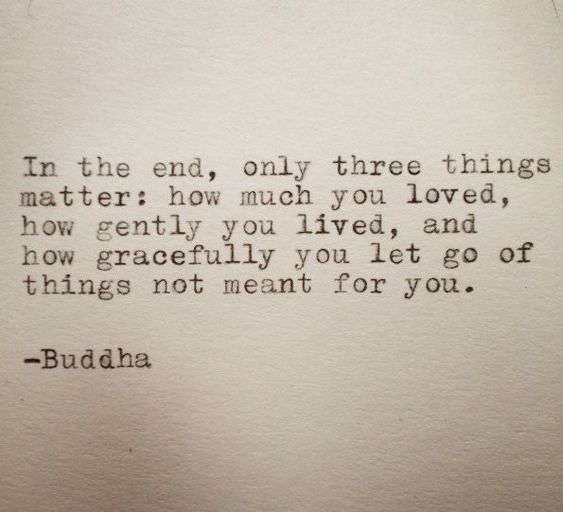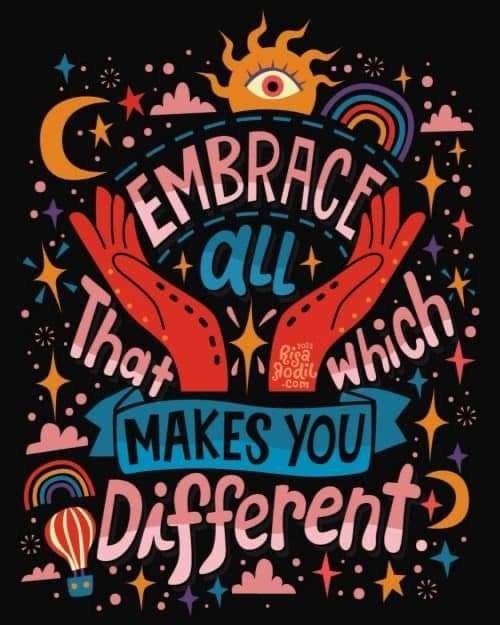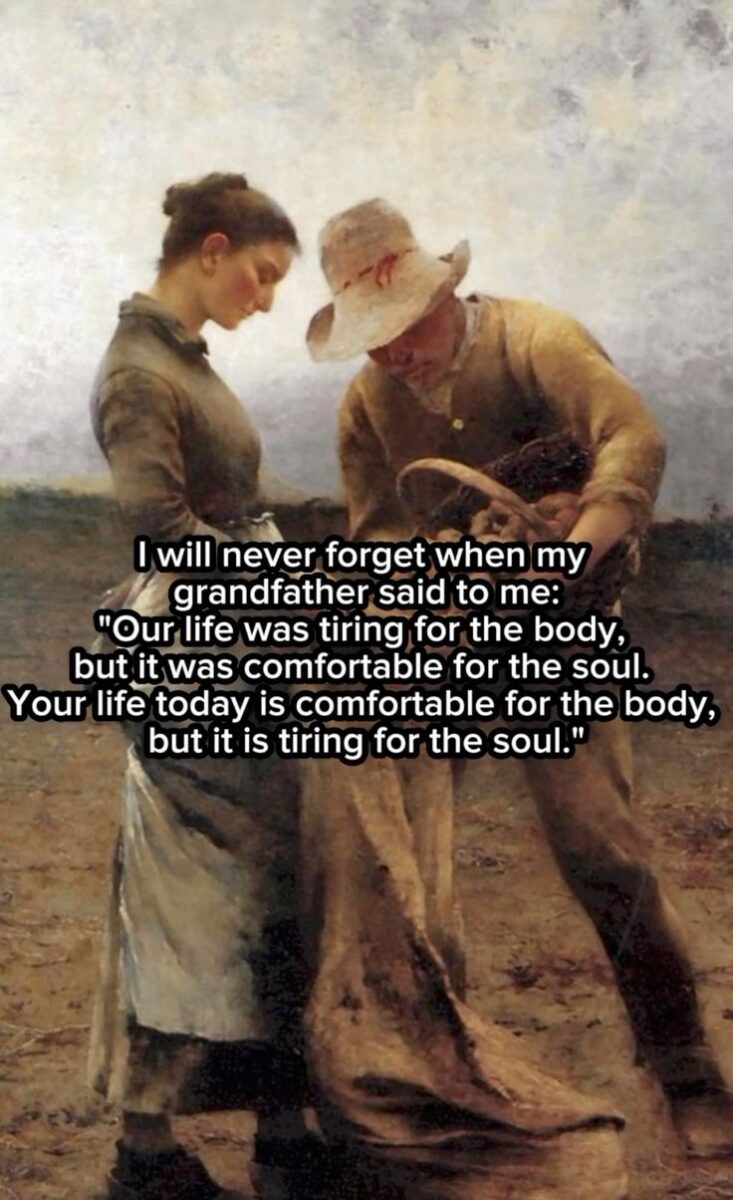“You’re an animal, Sibling Dex. You are not separate or other. You’re an animal. And animals have no purpose. Nothing has a purpose. The world simply is. If you want to do things that are meaningful to others, fine! Good! So do I! But if I watned to crawl into a cave and watch stalagmites with Frostfrog for the remainder of my days, that would also be both fine and good. You keep asking why your work is not enough, and I don’t know how to answer that, because it is enough to exist in the world and marvel at it. You don’t need to justify that, or earn it. You are allowed to just live. That is all most animals do.”
Becky Chambers, A Psalm For The Wild-Built (Page 138)
“When you start protecting your time, something interesting happens. People who depend on you learn to plan better themselves. They start respecting your boundaries. And the stuff that’s truly urgent becomes clear. Will some people be disappointed? Definitely. And that’s okay. Because building a meaningful life sometimes means disappointing others to avoid constantly disappointing yourself. How you spend your time is a reflection of your priorities. And you don’t need to apologize for prioritizing what matters to you.”
Justin Welsh
The 10 Rules of Ikigai (for a Longer and Happier Life) + 6 Bonus Quotes from The Book
Excerpt: What is Ikigai? Often translated as “a reason for being,” it’s a concept that—when fully understood—can add years and joy to your life…
Read More »The 10 Rules of Ikigai (for a Longer and Happier Life) + 6 Bonus Quotes from The Book
Waking Up: A Guide To Spirituality Without Religion [Book]
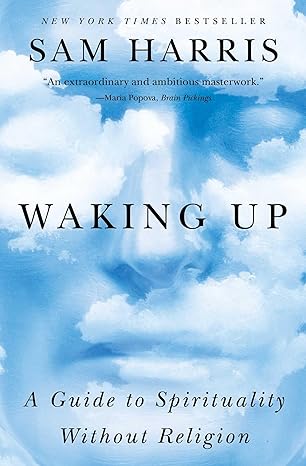
Book Overview: From multiple New York Times best-selling author, neuroscientist, and “new atheist” Sam Harris, Waking Up is for the 30 percent of Americans who follow no religion, but who suspect that Jesus, Buddha, Lao Tzu, Rumi, and the other saints and sages of history could not have all been epileptics, schizophrenics, or frauds. Throughout the book, Harris argues that there are important truths to be found in the experiences of such contemplatives – and, therefore, that there is more to understanding reality than science and secular culture generally allow. Waking Up is part seeker’s memoir and part exploration of the scientific underpinnings of spirituality. No other book marries contemplative wisdom and modern science in this way, and no author other than Sam Harris – a scientist, philosopher, and famous skeptic – could write it.
18 Kahlil Gibran Quotes from The Prophet and Insights For Fulfilled Living
Excerpt: …One of those rare books that’s concise AND deep. Read these 18 quotes from The Prophet and update your thinking on fulfilled living today.
Read More »18 Kahlil Gibran Quotes from The Prophet and Insights For Fulfilled Living
“Life carries as much meaning as you carry the capacity to be surprised, the capacity to wonder. So always remain open. Remind yourself again and again that life is infinite. It is always an ongoing process; it never comes to an end. It is an eternal journey, and each moment is new, each moment is original. When I say each moment is original, I mean each moment throws you back to your origin, each moment makes you a child again.”
Osho, Everyday Osho (Page 288)
Ikigai: The Japanese Secret to a Long and Happy Life [Book]
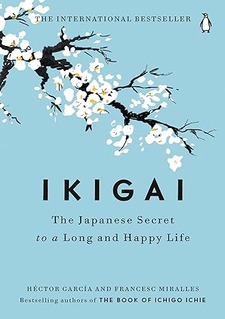
Book Overview: According to the Japanese, everyone has an ikigai—a reason for living. And according to the residents of the Japanese village with the world’s longest-living people, finding it is the key to a happier and longer life. Having a strong sense of ikigai—where what you love, what you’re good at, what you can get paid for, and what the world needs all overlap—means that each day is infused with meaning. It’s the reason we get up in the morning. In researching this book, the authors interviewed the residents of the Japanese village with the highest percentage of 100-year-olds—one of the world’s Blue Zones. Ikigai reveals the secrets to their longevity and happiness: how they eat, how they move, how they work, how they foster collaboration and community, and—their best-kept secret—how they find the ikigai that brings satisfaction to their lives. And it provides practical tools to help you discover your own ikigai.
Post(s) Inspired by this Book:
“At times he heard, deep in his breast, a soft and dying voice that admonished softly, lamented softly, barely audible. Then for an hour he was aware that he was leading a strange life, that he was doing all sorts of things that were merely a game, that he was cheerful, granted, and sometimes felt joy, but that real life was flowing past him and not touching him. Like a juggler juggling his balls, he played with his business, with the people around him, watched them, enjoyed them; but he never participated with his heart, with the wellspring of his being. The wellspring ran somewhere, as if far from him, ran and ran, invisible, having nothing to do with his life. And sometimes he was startled by such thoughts and wished that it could be granted him to participate with passion and with all his heart in the childlike doings of the day, to live really—to act really, to enjoy really, and to live really instead of merely standing on the side as a spectator.”
Hermann Hesse, Siddhartha (Page 63)
“For the first time, all this, all this yellow and blue, river and forest, passed into Siddhartha through his eyes, was no longer the magic of Mara, was no longer the veil of Maya, was no longer senseless and random diversity of the world of appearance, despised by the deep thinking Brahmin, who disdains the diversity, who seeks the unity. Blue was blue, river was river, and even though the One and the Divine lived concealed in the blue and the river in Siddhartha, it was the manner and meaning of the Divine to be yellow here, blue here, sky there, forest there, and Siddhartha here. Meaning and reality were not somewhere beyond things, they were in them, in everything.”
Hermann Hesse, Siddhartha (Page 37)
“We can’t visit every place or meet every person or do every job, yet most of what we’d feel in any life is still available. We don’t have to play every game to know what winning feels like. We don’t have to hear every piece of music in the world to understand music. We don’t have to have tried every variety of grape from every vineyard to know the pleasure of wine. Love and laughter and fear and pain are universal currencies. We just have to close our eyes and savour the taste of the drink in front of us and listen to the song as it plays. We are as completely and utterly alive as we are in any other life and have access to the same emotional spectrum. We only need to be one person. We only need to feel one existence. We don’t have to do everything in order to be everything, because we are already infinite. While we are alive we always contain a future of multifarious possibility.”
Matt Haig, The Midnight Library (Page 277)
“You could eat in the finest restaurants, you could partake in every sensual pleasure, you could sing on stage in São Paulo to twenty thousand people, you could soak up whole thunderstorms of applause, you could travel to the ends of the Earth, you could be followed by millions on the internet, you could win Olympic medals, but this was all meaningless without love.”
Matt Haig, The Midnight Library (Page 248)
“‘I just don’t understand life,’ sulked Nora. ‘You don’t have to understand life. You just have to live it.'”
Matt Haig, The Midnight Library (Page 218)
The Midnight Library [Book]
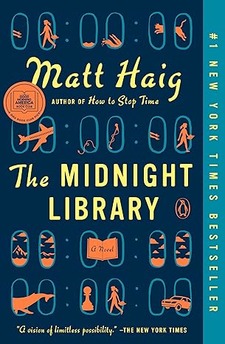
Book Overview: Somewhere out beyond the edge of the universe there is a library that contains an infinite number of books, each one the story of another reality. One tells the story of your life as it is, along with another book for the other life you could have lived if you had made a different choice at any point in your life. While we all wonder how our lives might have been, what if you had the chance to go to the library and see for yourself? Would any of these other lives truly be better? In The Midnight Library, Matt Haig’s enchanting blockbuster novel, Nora Seed finds herself faced with this decision. Faced with the possibility of changing her life for a new one, following a different career, undoing old breakups, realizing her dreams of becoming a glaciologist; she must search within herself as she travels through the Midnight Library to decide what is truly fulfilling in life, and what makes it worth living in the first place.

